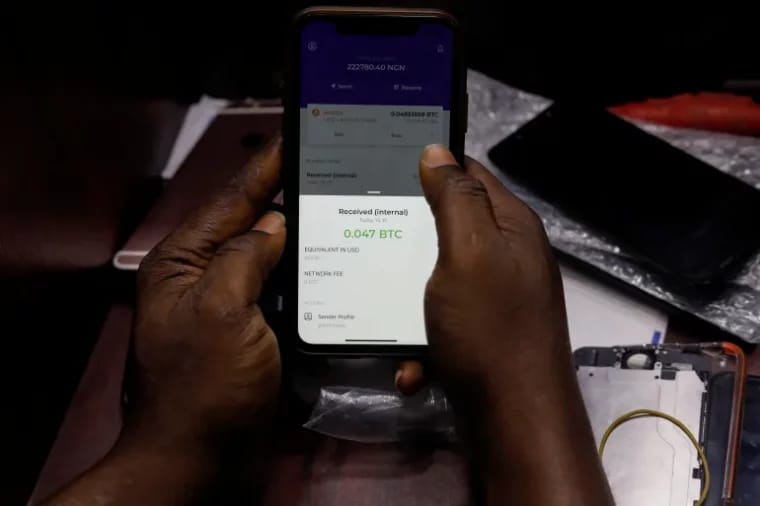Despite lingering doubts and frozen accounts, many Nigerians are still clinging to hope in CBEX, a cryptocurrency investment platform that froze user withdrawals earlier this year. In several Telegram groups linked to ST Technologies—reportedly a CBEX partner—users are actively making payments and referring friends in anticipation of a promised payout.
Old users are racing against a June 24 deadline to pay a $100 verification fee required to regain access to their accounts. New entrants are also transferring large sums in USDT—some reportedly exceeding thousands of dollars—in hopes of earning quick returns.
“Depositing $100 is the only way to verify your account,” wrote an ST Technologies group admin identified only as Laurafx Wilson on Telegram.
One user claimed to have received payment after verifying their account, though they refused to provide proof when contacted by TechCabal. CBEX maintains that 50% of all pending payments will be disbursed by June 25, but this assurance has done little to quell growing skepticism.
For some users like Favour Kwaghgande, the verification fee is a painful ask. “That was my school fees I invested,” she said. “I have no idea where to raise another $100 to redeem my account.”
CBEX says the fee is a fraud prevention measure, meant to filter out fake accounts and arbitrageurs—those who exploit price differences between platforms for quick profit. But critics argue the move is just another tactic to extract more money from desperate investors.
“They could easily use a decentralized identity tool like zkpass to prevent multiple accounts,” said Adebayo Solomon, a blockchain engineer. “Instead, they’re charging people who are already victims.”
Solomon suspects that CBEX fetches crypto prices from standard oracles, offering negligible differences from other platforms. “If price gaming was the real issue, they’d be addressing it with tech solutions—not withdrawal fees,” he added.
CBEX’s operation mirrors a troubling trend of Ponzi-style platforms gaining traction in Nigeria. New entrants like Tofro and FutCoreCoin are emerging, targeting the same pool of users burned by CBEX. These platforms often use similar marketing language, promising huge profits with minimal effort while requiring upfront payments or deposits.
Despite repeated warnings from Nigeria’s Securities and Exchange Commission (SEC), platforms like CBEX continue to flourish. While the SEC has issued circulars cautioning the public, many believe enforcement needs to go further.
“The regulator must cut these operations at the root,” one cybersecurity analyst told this reporter. “It’s not enough to warn people—some form of crackdown is necessary.”
Until then, the cycle of hope and heartbreak may continue for Nigerians looking to multiply their money in digital markets that remain largely unregulated and rife with exploitation.














